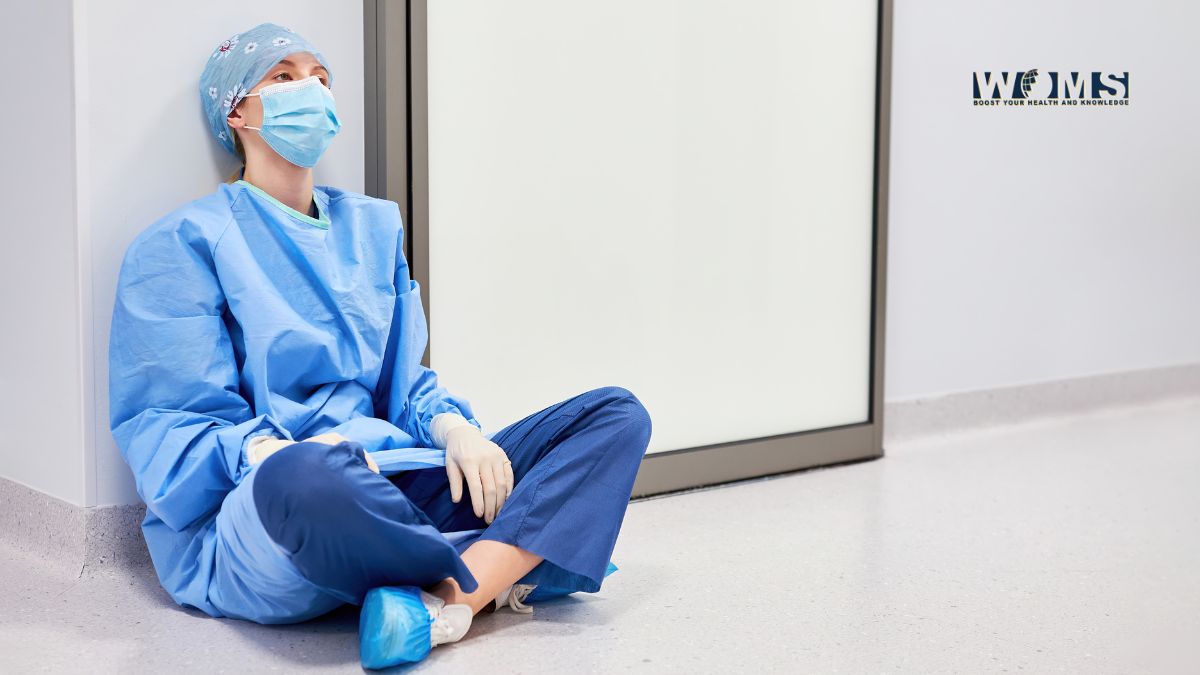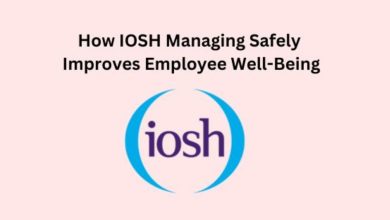Resilience in Medicine: What Emergency Physicians Can Teach About Pressure and Performance

Why Resilience in Medicine Matters
Emergency medicine is not a quiet job. Doctors work long hours. They face patients in life-or-death situations every shift. They make high-stakes decisions fast, often with limited information.
Burnout is a growing concern in the field. The American Medical Association reports that nearly 63% of physicians experienced symptoms of burnout in 2022. Emergency physicians rank among the highest. Fatigue, stress, and constant exposure to trauma take a toll.
Resilience is not just a buzzword here. It is the skill that keeps doctors sharp, calm, and able to perform under pressure. The lessons they learn are useful for anyone working in high-stakes environments.
The Nature of Pressure in the ER
Emergency physicians often work without a safety net. Resources can be limited. Patients may come in without medical history. Every second counts.
Picture a crowded Friday night shift. There is a car accident victim, a child with asthma, and an elderly patient with chest pain—all arriving at the same time. Doctors must manage priorities, lead a team, and make fast calls.
As one ER doctor put it: “You can’t hit pause. You have to act. And you have to stay clear-headed when the room is spinning around you.”
What Resilient Doctors Do Differently
They Train Like Athletes
Resilience is built through practice. Doctors rehearse scenarios over and over. They prepare for rare cases so they can react quickly when the moment comes. This is like a basketball player drilling free throws until it becomes muscle memory.
They Use Checklists and Systems
A resilient ER physician does not rely only on memory. They lean on protocols, checklists, and team communication. These systems reduce errors under stress. It keeps the brain focused on the next step, not the last mistake.
They Recover Fast from Setbacks
Resilient doctors know failure is part of the work. Not every patient can be saved. The difference is how they recover. Instead of carrying guilt shift after shift, they process the loss and reset.
One physician, Gianluca Cerri MD, recalled a patient he could not save despite doing everything right. “I went home thinking about his family, about what I could have done. But the next morning, I knew I had to walk back into the ER ready to give 100%. Patients count on that.”
Lessons for Other High-Pressure Jobs
Emergency physicians provide a model for resilience that applies beyond medicine.
Focus on the Next Task, Not the Last Error
In tech, business, or sports, mistakes happen. Dwelling on them slows performance. Doctors train themselves to move quickly to the next challenge.
Create Routines That Lower Stress
Emergency doctors often use rituals before and after shifts. Some work out. Some meditate. Others write down notes to clear their head. These routines help create stability when the job itself is chaotic.
Communicate Clearly Under Stress
In an ER, unclear communication can cost lives. Doctors learn to speak in short, precise commands. This lesson carries into leadership roles in any field. Clarity beats long explanations when the stakes are high.
The Science Behind Resilience
Studies back up what doctors practice. Research from the National Institute for Occupational Safety and Health shows that resilience training reduces burnout and improves performance in healthcare workers. Programs that combine stress management, mindfulness, and peer support show measurable improvements.
Other data highlight the risk of not addressing resilience. A 2022 Medscape survey found that nearly half of emergency physicians had considered leaving medicine due to burnout. Without resilience strategies, the system risks losing skilled professionals when they are needed most.
How to Build Resilience Like an ER Doctor
Practice Stress in Controlled Settings
Simulations work in medicine and can work elsewhere. Teams can role-play crisis scenarios. Engineers can practice system outages. Business leaders can run through failure drills. Rehearsing stress prepares the brain to stay calm when real pressure hits.
Invest in Recovery
Resilient performance requires downtime. Sleep, exercise, and time with family are not luxuries—they are part of the job. Doctors who burn out often lack structured recovery time. Setting boundaries is key.
Learn to Prioritize Fast
Doctors triage patients. Leaders can triage tasks. Not everything has equal weight. Resilience means knowing where to focus energy in the middle of chaos.
Build a Support Network
Emergency physicians lean on each other after tough cases. Peer support lowers stress and builds trust. Any high-pressure field benefits from regular check-ins, mentoring, and shared problem-solving.
Stories From the Frontline
A young ER doctor once froze during her first major trauma case. Her mentor stepped in, calmly assigning her one task at a time. Afterward, he told her: “You don’t need to do everything. You just need to do the next thing.” That small shift in thinking helped her stay composed in later cases.
Another story comes from a rural hospital where staff numbers were low. A doctor had to manage three critical patients with only one nurse. They used checklists, broke tasks into steps, and worked in silence except for short updates. All three patients survived. That outcome was not luck—it was resilience built on systems.
Recommendations for Hospitals and Teams
Hospitals can take specific steps to support physician resilience:
- Offer resilience training workshops.
- Provide access to counseling without stigma.
- Create schedules that allow real rest between shifts.
- Encourage team debriefs after difficult cases.
These steps apply beyond healthcare. Tech companies, startups, and schools can build resilience programs that focus on stress management, peer support, and clear systems.
The Future of Resilience in Medicine
Resilience will remain essential as healthcare grows more complex. Emergency departments will always face unpredictable demands. But doctors have shown that resilience is not a natural gift—it is a skill that can be learned, trained, and shared.
For anyone working in high-stakes environments, the lesson is clear. Resilience is not about ignoring stress. It is about using systems, support, and preparation to keep performing when stress is unavoidable.
As one ER physician summed up after a long night shift: “The work never gets easier. You just get better at staying steady.”




